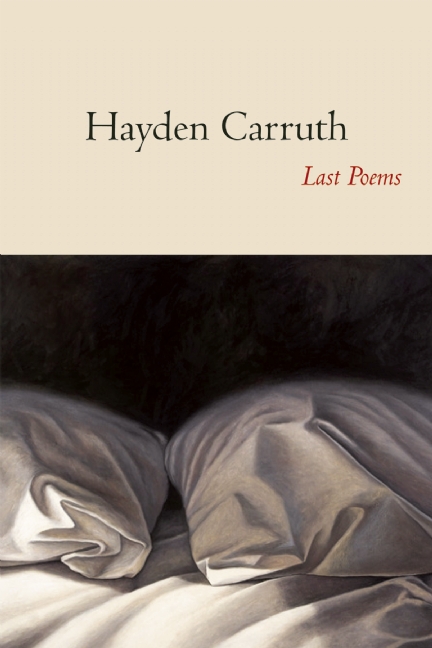“Free Ploughshares” Review: Spring 2005
Issue: Spring 2005
This is a review of a back issue of Ploughshares. The author won our “Free Ploughshares” contest that we hosted earlier this year and agreed to review his/her free issue. This post was written by Alex Rieser. Enjoy!
Ploughshares loves good lines. Lines that simply make you say: “yes please!” And guest editor Martin Espada has packed this issue with them.
Espada’s choice pieces speak of wartime and labor, the heavy weight of the dollar, and the value of the poem among these. In the words of contributor Sam Hamill, in his poem “Arguing with Milosz in Vilnius,” “The struggle for poetry in the world / cannot take place in a museum.”
I’m impressed, of course, by the master Robert Creeley and his poem “Old Story” that teaches the reader to move with it, training the ear to the rhythm of the line. It is as though the poem is a coach training the student reader for a boxing match: light on your feet now, two hard jabbing sentences, and it’s a quick fight.
And speaking of a fight, another personal favorite of mine from Espada’s issue is from a poet I know only from the Spring 2011 issue of Oberlin’s Field: David Hernanedez. His poem “Chess Match Ends in Fight,” which, judging by Espada’s introduction, was a favorite of his as well. Hernandez moves this poem like the only other I know him for entitled “Moose in Snow,” giving it a volta that “Quiver[s]” like the chess pieces in the final three lines.
It’s surprising to me that the name Sharon Olds, another poetry giant found in this collection, wasn’t proudly included in the introduction, gleefully inviting me to hunt for the exact page she appears. When I unexpectedly arrived at two of her poems (I must have missed her name in the contents) I was exactly that: gleeful. Her second poem, “The Alarm Clock,” a “yes please!” poem I would copy in its entirety here, if I had the space.
Among masters and favorites I also discovered new voices, which seems to be the point of a guest editor. Espada lives up to the title by introducing me to Richard Garcia in the poem “My Grandmother’s Laugher” with lines like: “my grandmother’s laughter…almost soundless / like it was running out of breath, a stillness / astonished at itself,” that sent me straight to Garcia’s bio in the back to find out if he has a book that I can buy (he does, and I do not think it hyperbole to say that this fact, much like his grandmother’s laugher, “made me so happy, I had to have nightmares to / compensate”).
Overall, this is a collection that in no way suffers from what poet Craig Santos Perez calls “Table of Contents anxiety” with Espada delivering names like Augeros, Blanco, Garcia, Hernandez, Komunyakaa, and Ilan Stavans respectively. One could also not go without mentioning Stavan’s translations of Pablo Neruda, with the thick, honey-like sweetness of W. S. Merwin’s translations of Twenty Love Poems—Stavans also captures the epic historical qualities of Neruda’s “Odes” as they delve endlessly into themselves until they donate their words to the reader, holding just a bit of magic back: “I erased my ingratitude with this ode, / now being read, / mysteriously, / by you.”
For those who are first time subscribers to Ploughshares, or for those who have been reading it for years, this is a collection that you won’t want to miss.
Alex Rieser lives in San Francisco with his fiancé and is earning an MFA in poetry at the University of San Francisco. He has published poetry and criticism and his works appear most recently in Quiet Lightning, The Ignatian, Feathertale, New Fraktur, Switchback, and LEVELERpoetry. His first chapbook Emancipator is forthcoming from New Fraktur Press.


